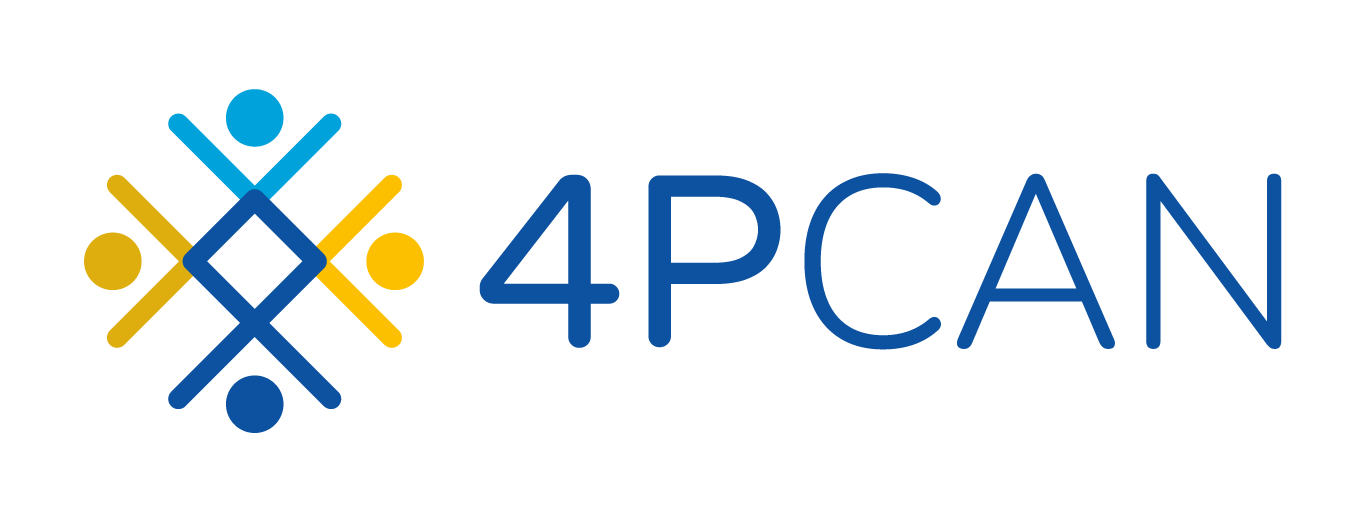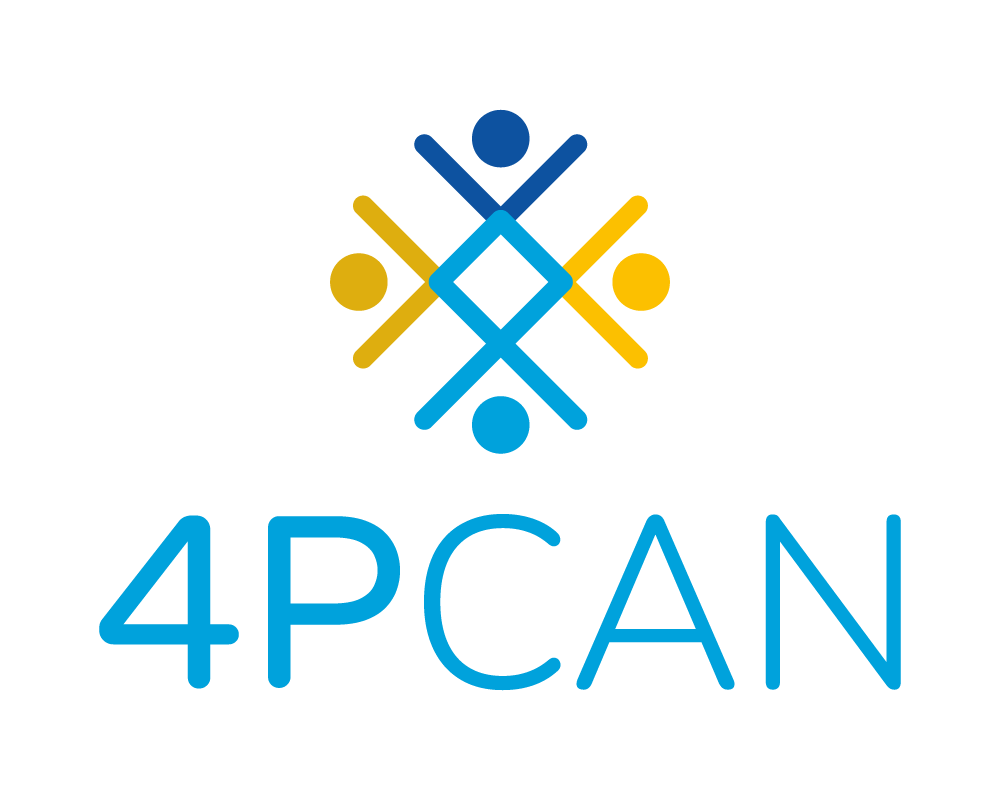The outbreak of the COVID-19 pandemic occurred in a challenging context for institutions and social actors engaged in public dialogue about health. The pandemic has highlighted a series of important vulnerabilities. An enormous amount of misinformation about the coronavirus vaccine, cures and authorities or experts’ recommendations has also left its mark on the level of distrust the public has in official cancer recommendations and treatments.
The emergence of the new media, the proliferation of disinformation, the rise of health activism, and a growing distrust in science – are just a few of the challenges that have brought a new dynamic of public health communication about cancer treatment and prevention. The current diversity of media platforms has allowed for the rapid dissemination of false and erroneous information about cancer, some of which are even generated by scientists. Differences in opinions among certain medical experts have been disclosed on social platforms, facilitating the politicization and moralization of public health recommendations. Moreover, the number of websites and social media influencers peddling cancer quackery has grown rapidly over recent years (Furlow, 2024).
For example, between 2018 and 2019, nearly one-third of popular social media cancer articles contained misinformation and 76.9% of these contained harmful information. Even more concerning is the fact that among the most popular articles on Facebook, articles containing misinformation and harmful information received statistically significantly more online engagement (Johnson et al., 2022). These articles contained harmful information that could lead to adverse consequences such as treatment delays, toxicity of recommended tests or procedures, and/ or adverse interactions with the current standard of care. A separate study showed “a significant negative correlation between scientific quality and viewer engagement among prostate cancer informational videos on YouTube” (Loeb et al., 2019). In this case, online users were more likely to view poor-quality or biased videos rather than higher-quality information.
In the digital era, individuals have gained more autonomy, but they are confronted with substantial amounts of conflicting information disseminated by various media platforms. Increasing the quantity of official information and debunking disinformation about cancer may not be effective unless the content is made more compelling and disseminated to diverse audiences through their preferred channels. Understanding the main trends leading to the cancer infodemic, as well as classifying the messages around cancer from mainstream media and social media represents a major step in combating cancer misinformation.
Given these challenges, the uncertainties and misleading narratives need to be addressed both online and offline, across interdependent publics such as the scientific and expert community, the media, and the public. Each of these groups plays a crucial role in the information ecosystem about cancer in general, cancer treatment and prevention.
The 4P-CAN project aims to identify various barriers, including behavioural factors, that impede the widespread adoption of cancer prevention measures. The project plans to develop and execute communication campaigns that target individuals’ attitudes, perceptions, and behaviours related to risk factors. The campaigns will be tailored based on the measurement of these factors and will involve stakeholders and influencers identified during the analysis.
About the author:
Catalina Nastasiu, Researcher, Eurocomunicare Association

